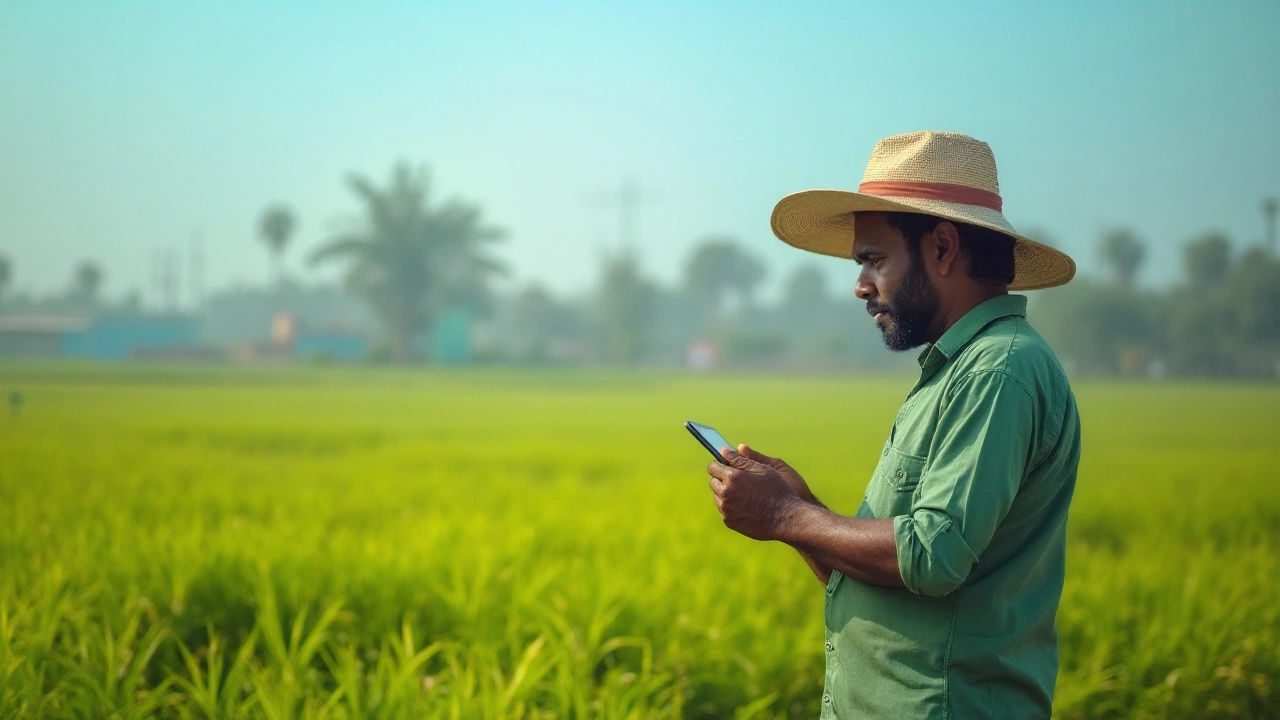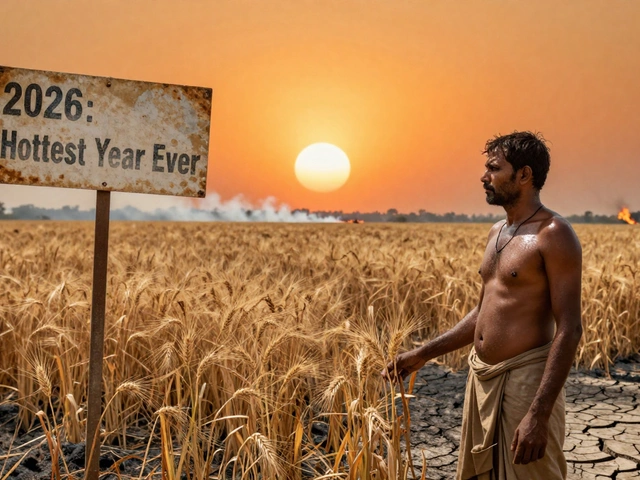Agronomist Jobs in India: Roles, Salaries, and Real-World Impact
When you think of agronomist jobs, scientists who study how to grow crops more efficiently and sustainably. Also known as crop scientists, they work at the intersection of biology, data, and fieldwork to make sure India’s farms produce more food with less waste. These aren’t desk jobs tucked away in labs—they’re on the ground, in villages, with farmers, and in government agencies trying to fix real problems like dying soil, water shortages, and unpredictable harvests.
Agroscientists don’t just pick seeds. They analyze soil health, the condition of land that determines how well plants grow, test crop management, the strategies used to grow plants efficiently across seasons and climates, and design farm technology, tools like sensors, drones, and apps that help farmers make smarter decisions. In India, these roles are exploding because the country needs more food, less chemical runoff, and better resilience against climate change. You’ll find agronomists working with ICAR, state agricultural universities, seed companies, NGOs, and even startups building AI tools for smallholder farmers.
It’s not just about science—it’s about communication. Many agronomists spend their days talking to farmers who’ve been growing rice or wheat for generations. They translate lab results into practical advice: when to plant, how much water to use, which fertilizer won’t ruin the soil. Some design public health intervention, programs that improve nutrition by boosting crop quality—like promoting iron-rich millets to fight anemia. Others help scale up renewable energy, solar-powered irrigation or biogas from crop waste to cut diesel use on farms. The best agronomists don’t just solve problems—they make sure the solutions stick.
Salaries vary. Entry-level roles in government or NGOs start around ₹3-4 lakh per year. But if you’re working with agri-tech startups, multinational seed firms, or in research roles with advanced skills in data or biotech, you can hit ₹8-12 lakh—or more. The demand is growing fast, especially in states like Punjab, Haryana, Maharashtra, and Andhra Pradesh, where farming is changing quickest.
What you’ll find below are real stories from people doing this work: how tech transfer fails or succeeds on the ground, how biotech is changing seed quality, why renewable energy matters to farmers, and how data science is quietly reshaping how crops are grown. No theory. No fluff. Just what’s happening now in India’s fields and labs.





